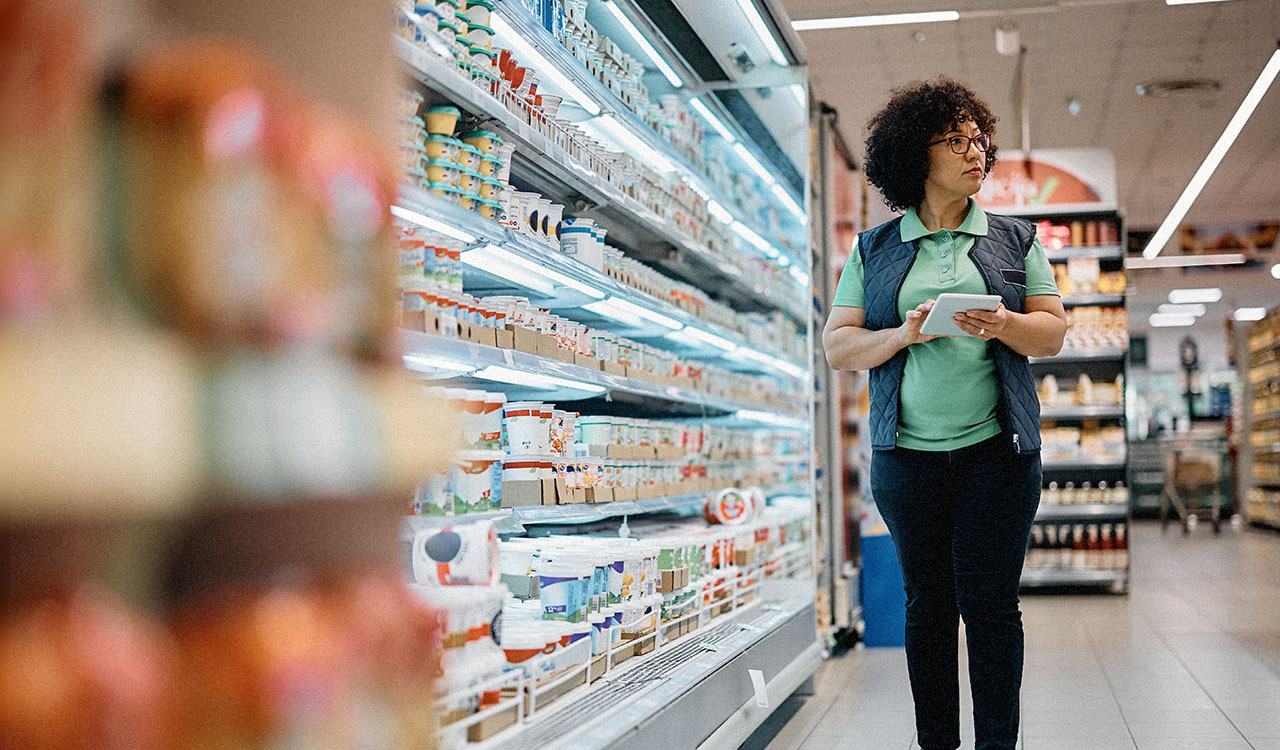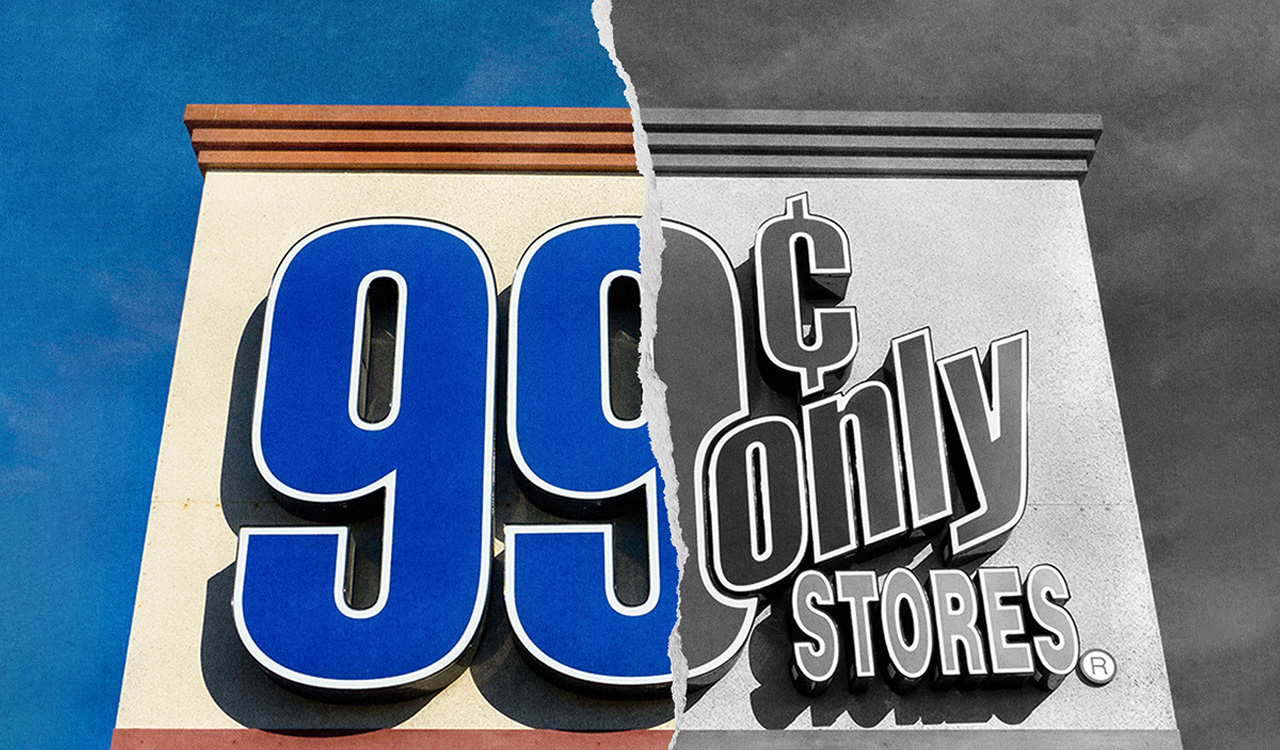The recent Federal Trade Commission (FTC) report on feeding America, which sheds light on retailers and CPG price gouging practices during the pandemic, has sent shockwaves through the retail grocery industry. Among the companies implicated are grocery retailers and wholesalers Kroger, Walmart, Amazon, C&S Wholesale Grocers, McLane and Associated Wholesale Grocers. However, Kroger and Albertsons find themselves in a particularly precarious position as they navigate not only the fallout from the report but also their impending merger. Procter & Gamble, Kraft Heinz and Tyson Foods were also cited in the report as companies who sought to protect market share, power, and increased profits during the pandemic. As consumer-packaged goods (CPG) companies and retailers grapple with the implications, one thing is clear: rebuilding consumer confidence is paramount to weathering this storm. At risk is the consumers’ loss of trust in our food supply.
In light of the FTC report, Kroger and Albertsons must proceed with caution, prioritizing consumer trust and regulatory compliance above all else. They must demonstrate a commitment to ethical business practices, fair competition, and consumer welfare throughout the merger process. Any misstep could not only jeopardize the merger but also irreparably damage their reputations and brand equity.
Understanding the Impact
The FTC report has exposed the darker side of retail operations during times of crisis. Allegations of price gouging, wherein retailers significantly inflate prices on essential goods during emergencies, strike at the heart of consumer trust. In the wake of the pandemic, when consumers were already grappling with economic uncertainty and supply chain disruptions, such practices are not only unethical but also morally reprehensible.
For Kroger and Albertsons, the timing couldn’t be worse. Already saddled with the FTC and state Attorney General’s aim to stop the merger, the specter of price gouging allegations looms large. Consumer sentiment can make or break a merger, and the FTC report threatens to cast a shadow over the proposed union. Investors, regulators, and most importantly, consumers, are scrutinizing their every move, demanding accountability, and transparency.
Rebuilding Trust
In the face of such adversity, all grocery retailers and CPG companies should take swift and decisive actions to rebuild consumer trust. Here’s a roadmap for what they should do:
- Transparency and Accountability: Acknowledge the allegations head-on and commit to full transparency and accountability. This includes conducting thorough internal investigations, holding responsible parties accountable, and implementing robust measures to prevent price gouging in the future.
- Fair Pricing Policies: Implement fair pricing policies that prioritize consumers’ well-being over short-term profits. Communicate these policies clearly and prominently to reassure consumers that their interests are paramount.
- Community Engagement: Engage with local communities and stakeholders to demonstrate a genuine commitment to ethical business practices. Partner with nonprofit organizations, government agencies, and community leaders to address pressing needs and foster goodwill.
- Supply Chain Integrity: Strengthen supply chain integrity by partnering with reputable suppliers and manufacturers committed to fair labor practices and ethical sourcing. Conduct regular audits and inspections to ensure compliance with ethical standards throughout the supply chain.
- Consumer Education: Launch consumer education campaigns to raise awareness about price gouging and empower consumers to recognize and report unethical practices. Provide resources, such as hotlines or online portals, for consumers to voice their concerns and seek assistance if they suspect price gouging.
- Investment in Technology: Invest in advanced technology solutions, such as AI-powered analytics and blockchain tracking, to monitor pricing trends, detect anomalies, and ensure compliance with fair pricing policies.
- Enhanced Communication: Communicate openly, transparently, and honestly with consumers about pricing decisions, supply chain challenges. Explain how climate change is increasing ingredient shortage and costs, and what efforts are being undertaken to combat price gouging. Leverage digital channels, social media, and other platforms to keep consumers informed and engage constantly.
Implications for the Kroger-Albertsons Merger
The FTC report adds a new layer of complexity to the Kroger-Albertsons merger, raising concerns about antitrust issues, regulatory scrutiny, and consumer backlash. While the merger holds the promise of synergies, economies of scale, and enhanced competitiveness, it also comes with heightened expectations and responsibilities. Expect the FTC to insist upon more retail store divestitures (my estimate is 700-800 stores) and a legally binding promise to not increase prices above current levels; except in cases of unforeseen events including Avian Flu or other natural disasters which affect cost of goods.
In light of the FTC report, Kroger and Albertsons must proceed with caution, prioritizing consumer trust and regulatory compliance above all else. They must demonstrate a commitment to ethical business practices, fair competition, and consumer welfare throughout the merger process. Any misstep could not only jeopardize the merger but also irreparably damage their reputations and brand equity.
The Future Path
The fallout from the FTC report serves as a wake-up call for the grocery and CPG retail industry, reminding companies of the importance of ethical conduct, corporate responsibility, and consumer trust. As Kroger, Walmart, Costco, and all other grocery retailers strive to rebuild trust and restore their reputations, they must embrace transparency, accountability, and a genuine commitment to serving the best interests of their customers. Only then can they emerge stronger, more resilient, and worthy of consumers’ trust and loyalty in the post-pandemic world and combat the consumer sentiment of being ripped-off during a disaster.




